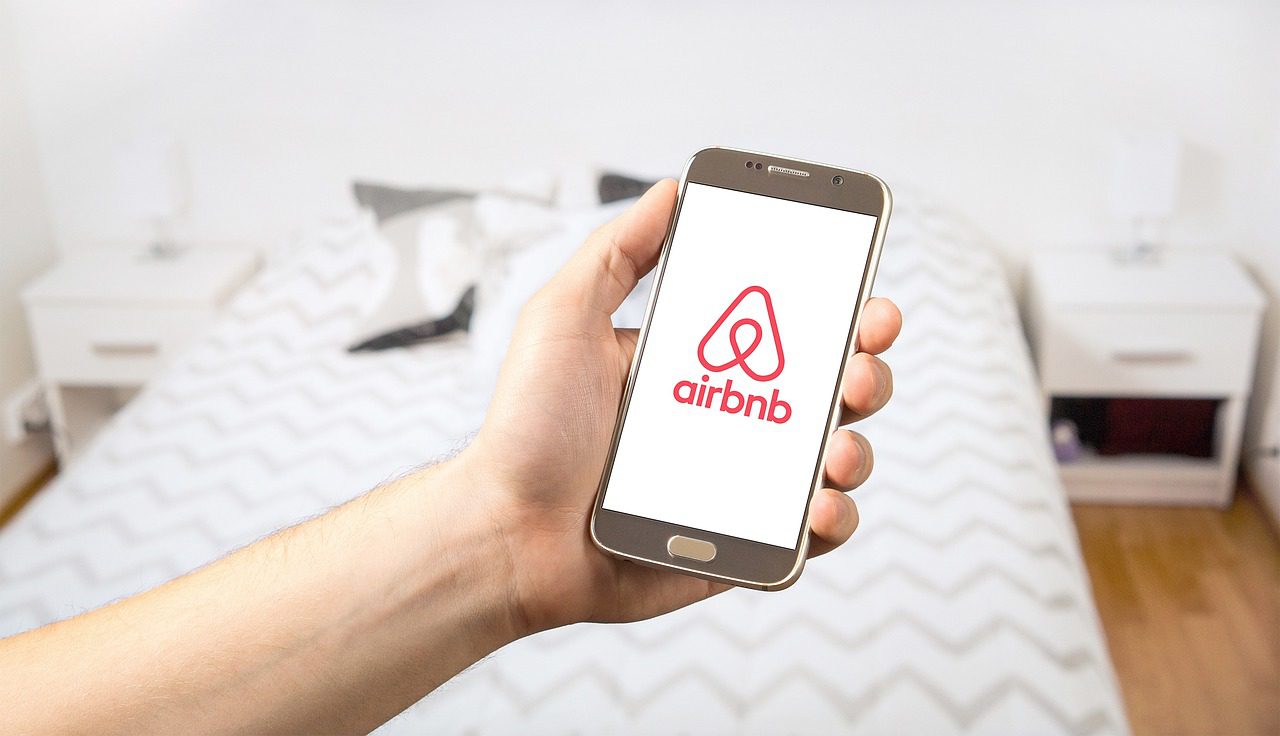Being an Airbnb host can be a great way to make money, but it’s rocky territory if you don’t follow the rules, as one council tenant recently found out the hard way.
A council tenant has landed himself a hefty £100,000 fine after being caught sub-letting his central London council home via online lettings website Airbnb, which specialises in spare room as well as full property short-term and holiday lets.
It emerged that the flat had been advertised on the website for around six years, and Westminster Council confirmed that at least 1,500 other council properties in the area were being investigated under similar circumstances.
While Airbnb commented that they “regularly remind hosts to check and follow local rules”, the case highlights the fact that, while short-term lets can be a great way of making money from your spare room or even your whole property, there are pitfalls and legal requirements that must be taken into account.
Getting a mortgage for Airbnb
Although Airbnb is now well-established across the UK, some lenders are still reluctant to lend to hosts because of the perceived increased risks involved – and this depends largely on the type of Airbnb listing you want to offer. If it’s your primary residence and you want to rent out a room to a “lodger”, most mortgage lenders will allow it, but it is advisable to check your mortgage agreement.
However, for those renting out a whole property while they aren’t there, traditional residential mortgages normally don’t allow it as it is considered sub-letting. Buy-to-let mortgages are normally not appropriate either, as these are based on affordability criteria and therefore better suited to long-term lets.
According to the Homeowners Alliance, “the lender will determine an annual rental figure based on the assumption that it will be let on an assured shorthold tenancy of six to 12 months. That doesn’t work with a holiday let as you are letting it out for a matter of days rather than months. This means most people wanting to buy a holiday let won’t meet the lending criteria for a buy-to-let mortgage.”
Holiday let mortgage
If the property is a second home, a holiday let mortgage might be the best option, as it allows for the property to be let out on a short-term basis. Lenders normally require a 30% deposit for this type of mortgage, and look for rental income of 125-145% of the interest payable on the mortgage, according to HOA.
Last year, Tipton & Coseley Building Society made headlines as being one of few providers to offer a mortgage that permits borrowers to rent out their properties on shorter or non-fixed term agreements – including Airbnb. The mortgage was made available to those buying a second home or holiday let as well as those looking to remortgage.
Leasehold agreements
If your property is owned on a leasehold basis, which is the case for many flats and even some houses across the UK, there may be terms in the lease that prevent you from using the property as a holiday or short-term let, which would include Airbnb.
Some developers of new-builds include terms in their leases that ban short-term lets. In Manchester, where an estimated 0.5% of housing is listed on the site, a new scheme is being trialled across 300 new-builds in Brunswick where owners must sign a covenant agreeing they will not let the property through third-party site such as Airbnb and SpareRoom.
The aim of this is to preserve the local community to create “long-lasting, sustainable neighbourhoods,” according to Councillor Suzanne Richards.
Local limits
Some councils in the UK have imposed maximum limits for the number of days you can host through Airbnb. For example, in London, the limit is 90 days per year – any more than that and it could be considered “change of use” to your property in some circumstances. Anyone considering using Airbnb should find out if there are any limits or restrictions in their local area.
Make sure you’re covered
Being properly insured is vital to every homeowner or buy-to-let landlord, and the same applies to Airbnb hosts.
Airbnb offers a Host Guarantee, which provides up to $1million of property damage protection, as long as it is properly reported on the site. However, it doesn’t cover things like wear and tear, damage caused by pets, or damage to shared areas, among other things – and it isn’t a replacement for proper insurance.
There are specialist insurance policies out there that will cover short-term lets. Admiral and LV, for example, both offer an insurance that specifically covers these types of lets.
Making money
If you abide by all the rules, you might be able to make a healthy profit through short-term lets. On a week-by-week basis, holiday lets tend to make significantly more money than the equivalent in a long-term buy-to-let. The profits are also exempt from the Section 24 tax relief changes that apply to buy-to-lets, which could make a big difference to some.
That being said, when the property is empty it obviously won’t make any money, and void periods are much more likely with a holiday or short-term let due to the high turnover, while owners will likely have to spend more time ensuring the properties are always filled. For those who get it right, it can be a good buy-to-let alternative.










